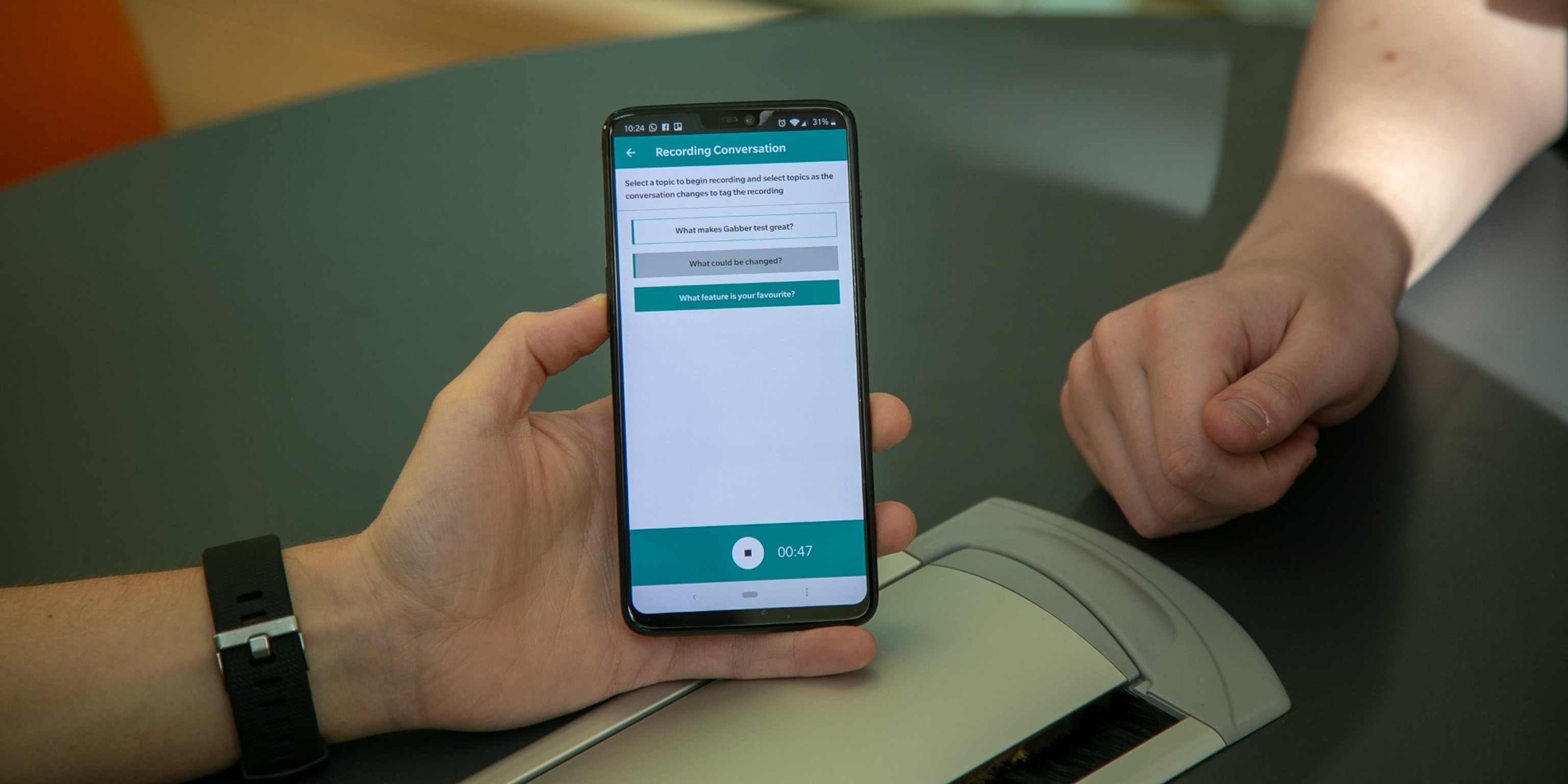
Utilizing participant voice in volunteer training
Educational Technology



Collaborators Monash University
Abstract
We describe our experience of designing peer-led training for community volunteers in rural India.
Method
This study used the Open Lab built app Gabber to record audio and look back on their experiences during training.
Takeaways
Our findings demonstrate that trainees were able to become agents in their own learning and at the same time participate in a community where sharing experiences are important for learning.
Delivering training to volunteers is a huge challenge for non-governmental organisations (NGOs). Traditional classroom-based approaches that dominate training are problematic due to the limited participation they offer to trainees. Peer-led approaches however, have shown promise in helping NGOs utilise trainee experiences within training.
Although technologies are playing an increasing role in training, their benefits are not well understood. We describe our experience of designing peer-led training for community volunteers in rural India.
Working alongside an NGO involved in community regeneration and social action, we collaboratively delivered a ten-day training workshop, deploying audio technologies to engage the participants in sharing lived experiences.
We draw on reflections from trainers and trainees on how utilising participant voice can enhance training. We highlight opportunities around the usage of audio technologies for engaging with participant voice, including the ability to reclaim trainee agency within training and to work within cultural barriers.
This study used Open Lab built app Gabber, a phone and web app where people can structure, record and analyse their recordings.
Our findings demonstrate that trainees were able to become agents in their own learning and at the same time participate in a community where sharing experiences are important for learning. Furthermore, we highlight that despite social and cultural barriers faced by the trainees, the use of audio instilled a sense of ambition to address these barriers and a sense of pride felt in sharing their views knowing that their views are heard by others outside the context of that specific training event.